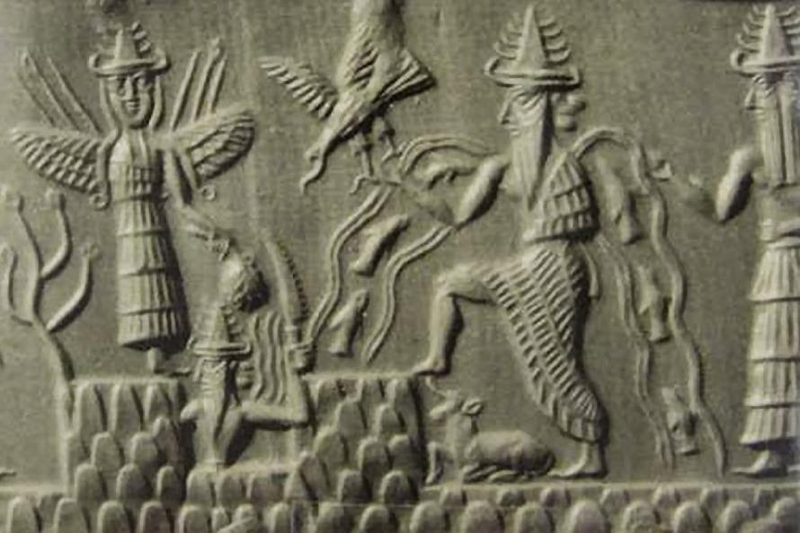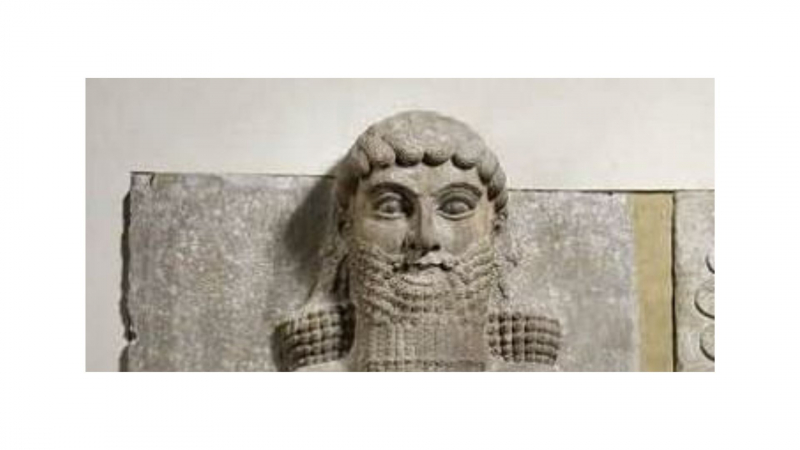Enki: The Deity Of Water And Wisdom
The water and wisdom deity of Mesopotamia was Enki, also known as Ea. The Abzu, which the Mesopotamians thought was a freshwater ocean buried beneath the earth and the origin of all streams, rivers, and lakes, was considered to be home to Enki. Enki was one of the three Mesopotamian gods who participated in the creation of the universe, and one of his main functions was that of a creator deity. The Tigris and Euphrates rivers are thought to have been made out of Enki's semen, and he is also credited with creating the first humans out of clay. Enki was a god of fertility, deceit, magic, and wisdom in addition to being the god of water and wisdom. Enki was strongly identified with certain cities, as was the case with many Mesopotamian deities, and was thought to be the protector of the city Eridu.
The Mesopotamians were an agrarian society that relied on water for subsistence. Enki, a god connected to the creation of water, was revered as being crucial to human existence and the survival of cities. Enki was also seen as a defender of humanity, protecting mortals from the destructive anger of other gods. Enki, the deity of wisdom, was frequently consulted by people who needed assistance as well as by rulers and administrators looking for the best course of action. The Mesopotamians relied on Enki to sustain their spiritual health in addition to their bodily and mental health. As a result of his connection to magic, Enki was credited with creating rituals for summoning demons and driving out evil. Priests, who the Mesopotamians relied on to keep them safe and maintain their spiritual welfare, were then taught these techniques by Enki. As a result, Enki played a variety of responsibilities that were crucial to the Mesopotamians.








